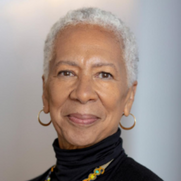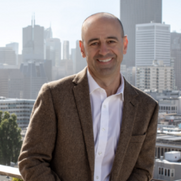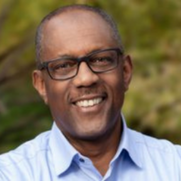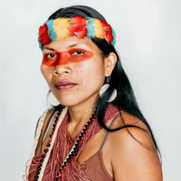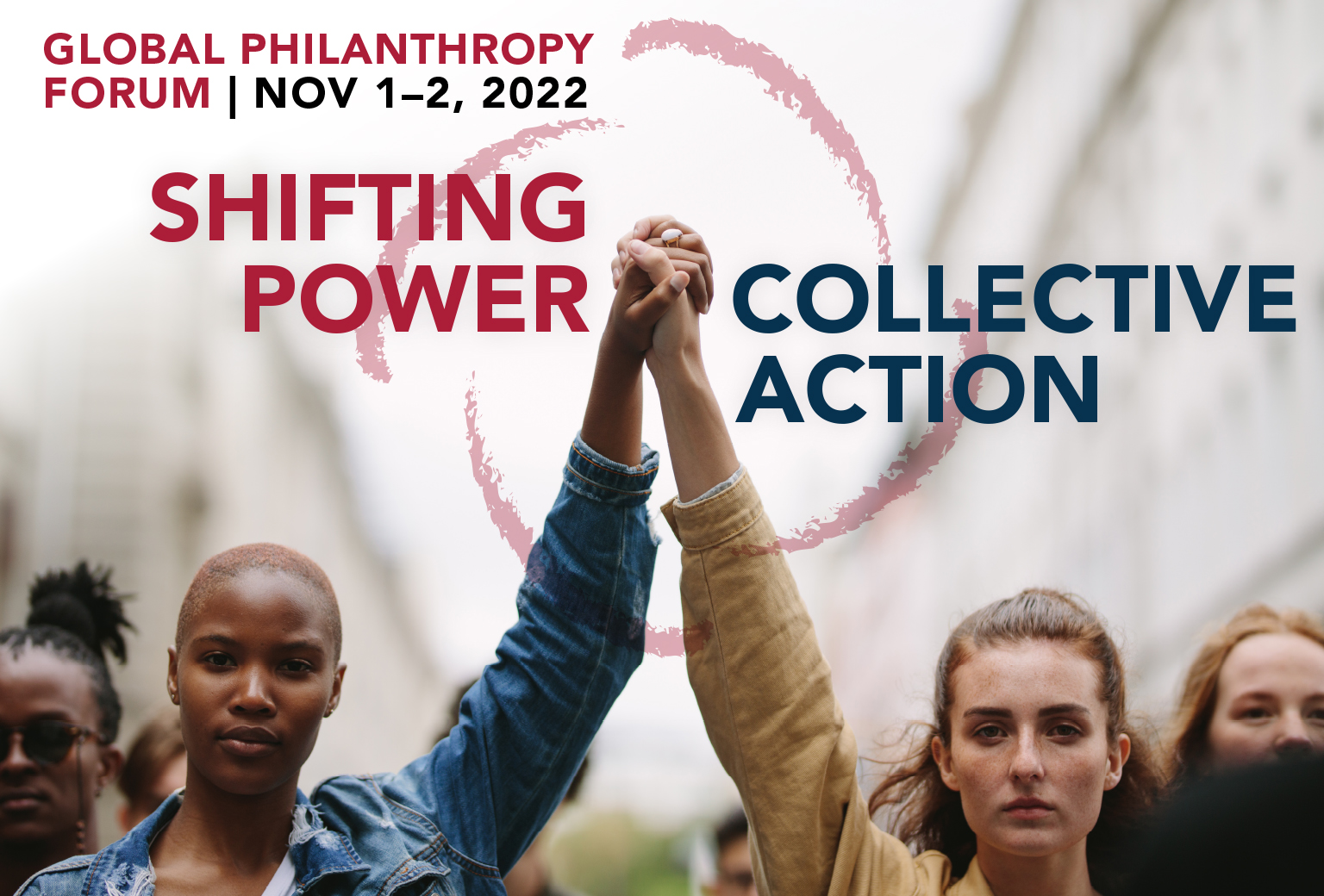
Shifting Power, Collective Action
Russia's brutal invasion of Ukraine and its jarring threat to use nuclear weapons breaks long-standing norms established at the end of World War II. The January 6 insurrection makes us question the durability of our civic and democratic institutions. The COVID-19 pandemic and the United States' national reckoning on racial justice brought to the surface the racism embedded in our social and political institutions. The final UN Intergovernmental Panel on Climate Change (IPCC) report makes it clear we're on a fast track to climate disaster if we don't act now.
If there was any doubt before, these events make clear that the way humanity has done things for the past 75 years since the signing of the UN charter is fading away. New technologies and innovations serve only to accentuate this, accelerating all that is happening around us. We are entering a new epoch. And with this transition, there is daunting uncertainty in every aspect of our lives that need to be addressed.
It has been philanthropy's role to step in during times of change and profound uncertainty, when traditional institutions cannot. Yet philanthropy is also experiencing its own set of challenges that limit its effectiveness. There are significant power imbalances inherent in the sector, and it must confront its own history of systemic inequity and racism. Philanthropy's task is to respond quickly and forcefully to multiple global crises while also looking inward to address its own shortcomings. If philanthropy is to make a meaningful difference – and even shape the new emerging era, it must radically transform its practices and vision for achieving change.
The question is, "what now?"
The democratic, climate, and public health crises we currently face have exposed the cracks in our systems which fail to reach the most marginalized. These events are not anomalies, but rather symptoms of a global ecosystem that is operating unsustainably. But with crisis comes opportunity to challenge an outdated paradigm and recognize a shift in power that is both equitable and builds the collective power necessary for systems change. The transformative change this critical moment requires can only be achieved through unprecedented collaboration, new narratives of power and decision-making redistributed in innovative ways. In the face of corresponding crises and the erosion of democratic norms, it is vital that we come together, as philanthropists, as a global community, and as champions of democratic values.
At this year's GPF conference, we will gather together in person once again to deep-dive into what is at the core cause of these fault lines. By getting to the root of these issues, we'll identify the common threads and methods to respond that have the potential to create true and lasting change. We'll explore the role of the philanthropic sector in stewarding collaboration and how the process of democratizing philanthropy relates to the broader systemic issues at play in these global emergencies.
In a year of unprecedented events and with a daunting future in the face of inaction, this is a seminal moment for philanthropy to step up in solidarity with local communities. As the world finds itself in a precarious and tumultuous time, we will convene funders on the topical, intersecting issues that affect our international community and together answer the call.
Featured Speakers
